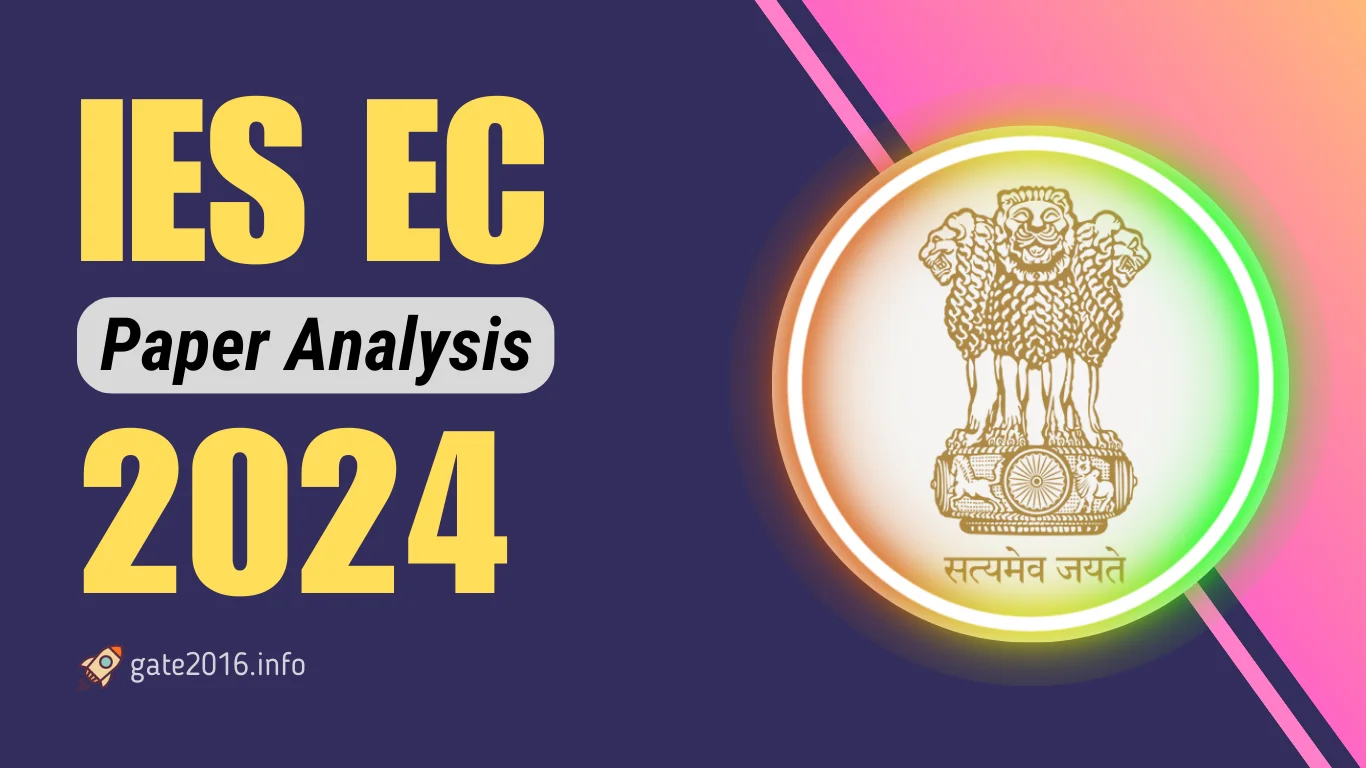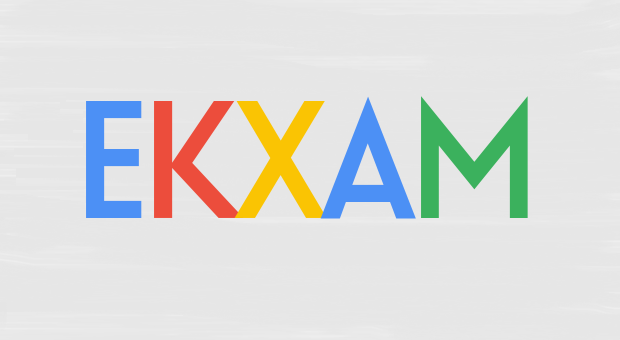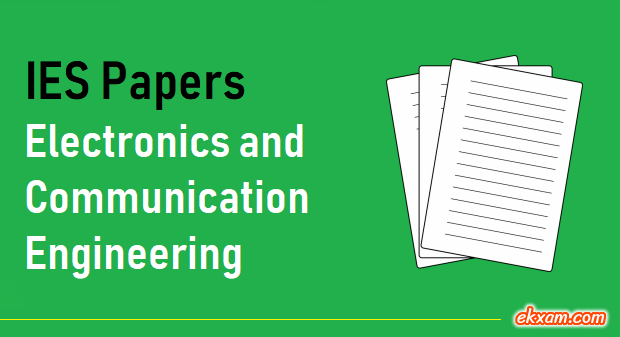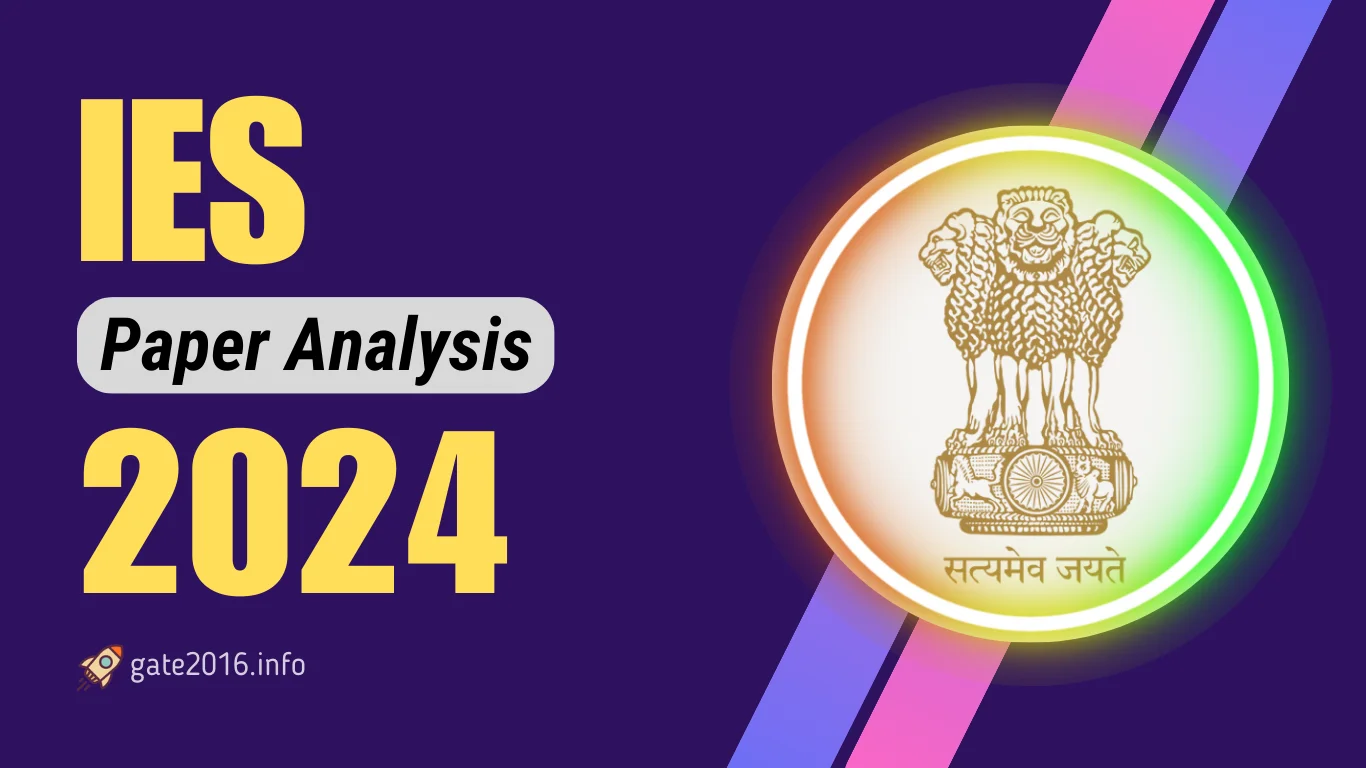Advertisements
Ratings
IES / ESE
ELECTRICAL ENGINEERING
[2024-2025]
IES EE Syllabus 2024 – Here we have provided IES 2024 syllabus for Electrical Engineering & paper pattern (Prelims & Mains) in free pdf format.
This Electrical Engineering syllabus & paper pattern will guide the candidates in their IES 2024 examination preparation.
Electrical Engineering aspirants can download their UPSC ESE 2024 Electrical Engineering syllabus from the table given below.
Contents
IES 2024 Highlights
| IES 2024 Conducting Body | UPSC (IES 2024) |
| IES 2024 Total Subjects | 4 (CE, ME, EE, EC) |
| IES 2024 Total Vacancy | 167 |
| IES 2024 (Prelims) Exam Date | 18.02.2024 (Sunday) |
| IES 2024 (Mains) Exam Date | 23.06.2024 (Sunday) |
| IES 2024 Selection | Preliminary, Mains and Interview |
| IES 2024 Preliminary exam | Objective Type |
| IES 2024 Mains exam | Conventional Type |
| IES 2024 Exam Mode | Offline |
IES Electrical Engineering Paper Pattern 2024
| Stages | Examination | Marks |
|---|---|---|
| Stage-I | Preliminary | 500 |
| Stage-II | Mains | 600 |
| Stage-III | Personality Test | 200 |
| Stage-I + Stage-II + Stage-III | Grand Total | 1300 |
Preliminary/Stage-I Examination (Objective Type Papers)
| Paper | Name of Paper | Time Duration | Maximum Marks |
|---|---|---|---|
| Paper-I | General Studies and Engineering Aptitude Paper | 2 Hours | 200 |
| Paper-II | Engineering Discipline-specific Paper | 3 Hours | 300 |
| Paper-I + Paper-II | Grand Total | 5 Hours | 500 |
Mains/Stage-II Examination (Subjective Type Papers)
| Paper | Name of Paper | Time Duration | Maximum Marks |
|---|---|---|---|
| Paper-I | Engineering Discipline-specific Paper-I | 3 Hours | 300 |
| Paper-II | Engineering Discipline-specific Paper-II | 3 Hours | 300 |
| Paper-I + Paper-II | Grand Total | 6 Hours | 600 |
IES Electrical Engineering Syllabus 2024
| General Ability Syllabus (Common to all papers) [pdf] | Download |
| IES Syllabus for Electrical Engineering [pdf] | Download |
IES Electrical Engineering Detailed Syllabus 2024
Contents for syllabi of both the Papers together for Preliminary Examination/ Stage-I (objective type Paper-II) and separately for Main/ Stage-II Examination (Conventional type Paper-I and Paper-II).
IES Syllabus for Electrical Engineering Paper 1
| Topics | IES Electrical Engineering Syllabus |
| Engineering Mathematics | Matrix theory, Eigen values & Eigen vectors, system of linear equations, Numerical methods for the solution of non-linear algebraic equations and differential equations, integral calculus, partial derivatives, maxima and minima, Line, Surface and Volume Integrals. Fourier series, linear, non-linear and partial differential equations, initial and boundary value problems, complex variables, Taylor’s and Laurent’s series, residue theorem, probability and statistics fundamentals, Sampling theorem, random variables, Normal and Poisson distributions, correlation and regression analysis. |
| Electrical Materials | Electrical Engineering Materials, crystal structures, and defects, ceramic materials, insulating materials, magnetic materials – basics, properties and applications; ferrites, ferromagnetic materials, and components; basics of solid-state physics, conductors; Photo-conductivity; Basics of Nano materials and Superconductors. |
| Electric Circuits and Fields | Circuit elements, network graph, KCL, KVL, Node, and Mesh analysis, ideal current and voltage sources, Thevenin’s, Norton’s, Superposition and Maximum Power Transfer theorems, transient response of DC and AC networks, Sinusoidal steady-state analysis, basic filter concepts, two-port networks, three-phase circuits, Magnetically coupled circuits, Gauss Theorem, electric field and potential due to point, line, plane, and spherical charge distributions, Ampere’s and Biot-Savart’s laws; inductance, dielectrics, capacitance; Maxwell’s equations. |
| Electrical and Electronic Measurements | Principles of measurement, accuracy, precision, and standards; Bridges and potentiometers; moving coil, moving iron, dynamometer and induction type instruments, measurement of voltage, current, power, energy and power factor, instrument transformers, digital voltmeters and multimeters, phase, time and frequency measurement, Q-meters, oscilloscopes, potentiometric recorders, error analysis, Basics of sensors, Transducers, basics of data acquisition systems. |
| Computer Fundamentals | Number systems, Boolean algebra, arithmetic functions, Basic Architecture, Central Processing Unit, I/O and Memory Organisation; peripheral devices, data representation and programming, basics of Operating system, and networking, virtual memory, file systems; Elements of programming languages, typical examples. |
| Basic Electronics Engineering | Basics of Semiconductor diodes and transistors and characteristics, Junction and field-effect transistors (BJT, FET, and MOSFETS), different types of transistor amplifiers, equivalent circuits and frequency response; oscillators and other circuits, feedback amplifiers. |
IES Syllabus for Electrical Engineering Paper 2
| Topics | IES Electrical Engineering Syllabus |
| Analog and Digital Electronics | Operational amplifiers – characteristics and applications, combinational and sequential logic circuits, multiplexers, multivibrators, sample and hold circuits, A/D and D/A converters, basics of filter circuits and applications, simple active filters; Microprocessor basics- interfaces and applications, basics of linear integrated circuits; Analog communication basics, Modulation, and demodulation, noise and bandwidth, transmitters and receivers, signal to noise ratio, digital communication basics, sampling, quantizing, coding, frequency and time domain multiplexing, power line carrier communication systems. |
| Systems and Signal Processing | Representation of continuous and discrete-time signals, Shifting and scaling operations, linear, time-invariant and causal systems, Fourier series representation of continuous periodic signals, sampling theorem, Fourier and Laplace transforms, Z transforms, Discrete Fourier transform, FFT, linear convolution, discrete cosine transform, FIR filter, IIR filter, bilinear transformation. |
| Control Systems | Principles of feedback, transfer function, block diagrams and signal flow graphs, steady-state errors, transforms and their applications; Routh-Hurwitz criterion, Nyquist techniques, Bode plots, root loci, lag, lead and lead-lag compensation, stability analysis, transient and frequency response analysis, state-space model, state transition matrix, controllability and observability, linear state variable feedback, PID and industrial controllers. |
| Electrical Machines | Single-phase transformers, three-phase transformers – connections, parallel operation, auto-transformer, energy conversion principles, DC machines – types, windings, generator characteristics, armature reaction and commutation, starting and speed control of motors, Induction motors – principles, types, performance characteristics, starting and speed control, Synchronous machines – performance, regulation, parallel operation of generators, motor starting, characteristics and applications, servo and stepper motors. |
| Power Systems | Basic power generation concepts, steam, gas and water turbines, transmission line models and performance, cable performance, insulation, corona, and radio interference, power factor correction, symmetrical components, fault analysis, principles of protection systems, basics of solid-state relays and digital protection; Circuit breakers, Radial and ring-main distribution systems, Matrix representation of power systems, load flow analysis, voltage control and economic operation, System stability concepts, Swing curves and equal area criterion. HVDC transmission and FACTS concepts, Concepts of power system dynamics, distributed generation, solar and wind power, smart grid concepts, environmental implications, fundamentals of power economics. |
| Power Electronics and Drives | Semiconductor power diodes, transistors, thyristors, triacs, GTOs, MOSFETs and IGBTs – static characteristics and principles of operation, triggering circuits, phase control rectifiers, bridge converters – fully controlled and half controlled, principles of choppers and inverters, basis concepts of adjustable speed DC and AC drives, DC-DC switched-mode converters, DC-AC switched-mode converters, resonant converters, high frequency inductors and transformers, power supplies. |
IES Mechanical Engineering Guidance
- How to Prepare for IES Electrical Engineering: A Comprehensive Guide
- IES EE Syllabus 2024: Prelims and Mains
- IES EE Subjective Papers – (2023-1987)
- IES EE Objective Papers – (2023-1997)
- IES EE Books 2024: Prelims and Mains
IES Syllabus & Paper Pattern EE FAQs
What is the IES EE syllabus?
The IES EE syllabus includes topics related to electrical circuits, electrical machines, power systems, control systems, and power electronics.
How many papers are there in the IES EE exam?
There are two papers in the IES EE exam - Paper 1 and Paper 2.
What is the duration of each paper in the IES EE exam?
Each paper in the IES EE exam is of 3 hours duration.
What is the paper pattern of Paper 1 in the IES EE exam?
Paper 1 in the IES EE exam is a subjective type paper with questions related to electrical circuits, electrical machines, and power systems.
What is the paper pattern of Paper 2 in the IES EE exam?
Paper 2 in the IES EE exam is a subjective type paper with questions related to control systems and power electronics.
How many questions are there in each paper of the IES EE exam?
Each paper in the IES EE exam has 6 questions of 20 marks each.
Are there any negative marks in the IES EE exam?
Yes, there is negative marking in the IES EE exam. 1/3rd of the marks will be deducted for each wrong answer.
What is the total marks for the IES EE exam?
The total marks for the IES EE exam is 600.
Is there any interview round in the IES EE exam?
Yes, there is an interview round in the IES EE exam. It is conducted for 200 marks.
What is the weightage of the interview round in the IES EE exam?
The weightage of the interview round in the IES EE exam is 200 marks.
Recent Posts
- IES 2024 Expected Cut-off Marks: Prelims and Mains
- How to Prepare for IES Electrical Engineering: A Comprehensive Guide
- How to Prepare for IES Electronics Engineering: A Comprehensive Guide
- IES 2024 Vacancy – Branch-wise and Category-wise Distribution
Related Tags
Ies syllabus & paper pattern ee pdf download 2024, Ies syllabus & paper pattern ee pdf 2024, Ies syllabus & paper pattern ee 2024, ies syllabus for electrical engineering pdf 2024, ies syllabus pdf 2024, ies prelims exam pattern 2024, ese exam pattern 2024, ese syllabus pdf electrical engineering 2024
| IES/ESE GS & EA Books |
| IES/ESE Guide Books |
IES Total Information & Guidance
Click below given links to get further information.





